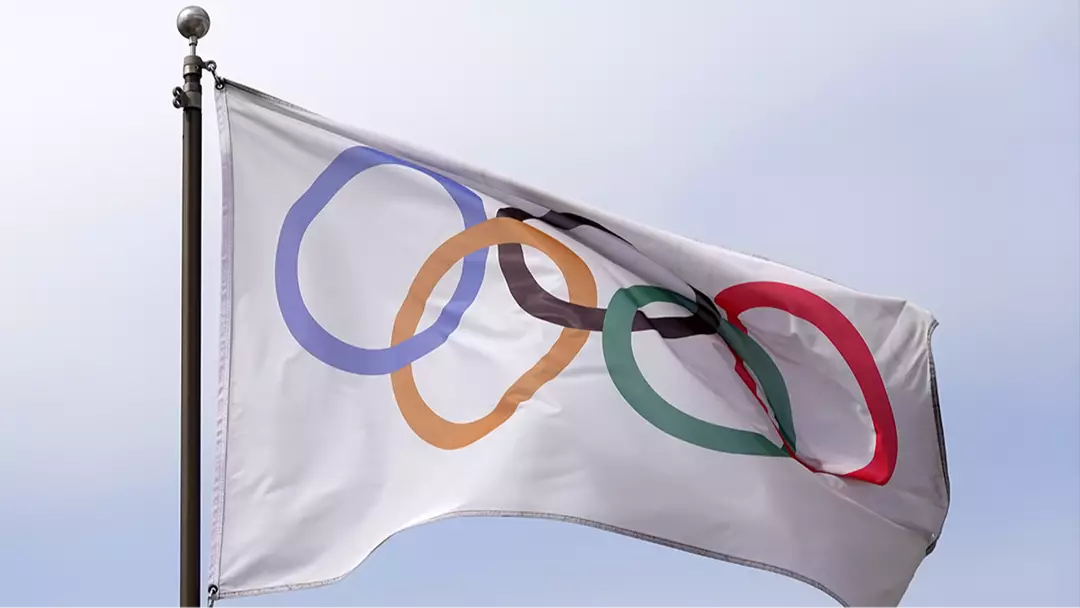A forthcoming prohibition on transgender women competing in the Olympics appears imminent, with the new rules affecting athletes slated for the 2028 games.
This significant revision of regulations concerning transgender women’s participation in elite sports is the result of an extensive scientific review examining potential biological advantages associated with being born male.
According to the Times, the anticipated changes to the International Olympic Committee (IOC) guidelines for female competitions are expected to be implemented next year. These changes will not apply to trans men.
For over a decade, the topic of transgender participation has sparked intense debate, with female athlete competition guidelines traditionally based on permissible testosterone levels. Each sport has independently established its participation criteria.

Zimbabwean-born Kirsty Coventry, the relatively new president of the IOC, had previously vowed to uphold the integrity of the female category in international sporting competitions.
Recently, she advanced this agenda as medical and scientific director Dr. Jane Thornton shared preliminary findings from a scientific review on how variations in sexual development can influence fair competition.
Insiders familiar with the meeting revealed to the Times that Dr. Thornton’s findings indicated that individuals born male retain a physical edge over biological women, even when testosterone levels are regulated.
One insider noted, “It was a very scientific, factual, and unemotional presentation which quite clearly laid out the evidence.” Nonetheless, these findings are unlikely to resolve the deeply contentious public discourse, even after their anticipated release at a summit in February.
The precise wording and constraints of the new Olympic guidelines have not yet been finalized by the committee, though the shift in guidance regarding transgender athletes has been in the pipeline for some time.
In June, IOC president Coventry remarked, “We understand there will be differences depending on the sports. We should make the effort to place emphasis on the protection of the female category and we should ensure that this is done in consensus with all the stakeholders.
“But we need to do that with a scientific approach and the inclusion of the international federations who have already done a lot of work in this area.”

